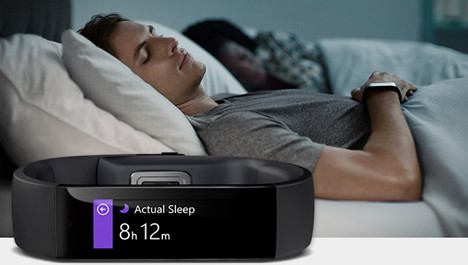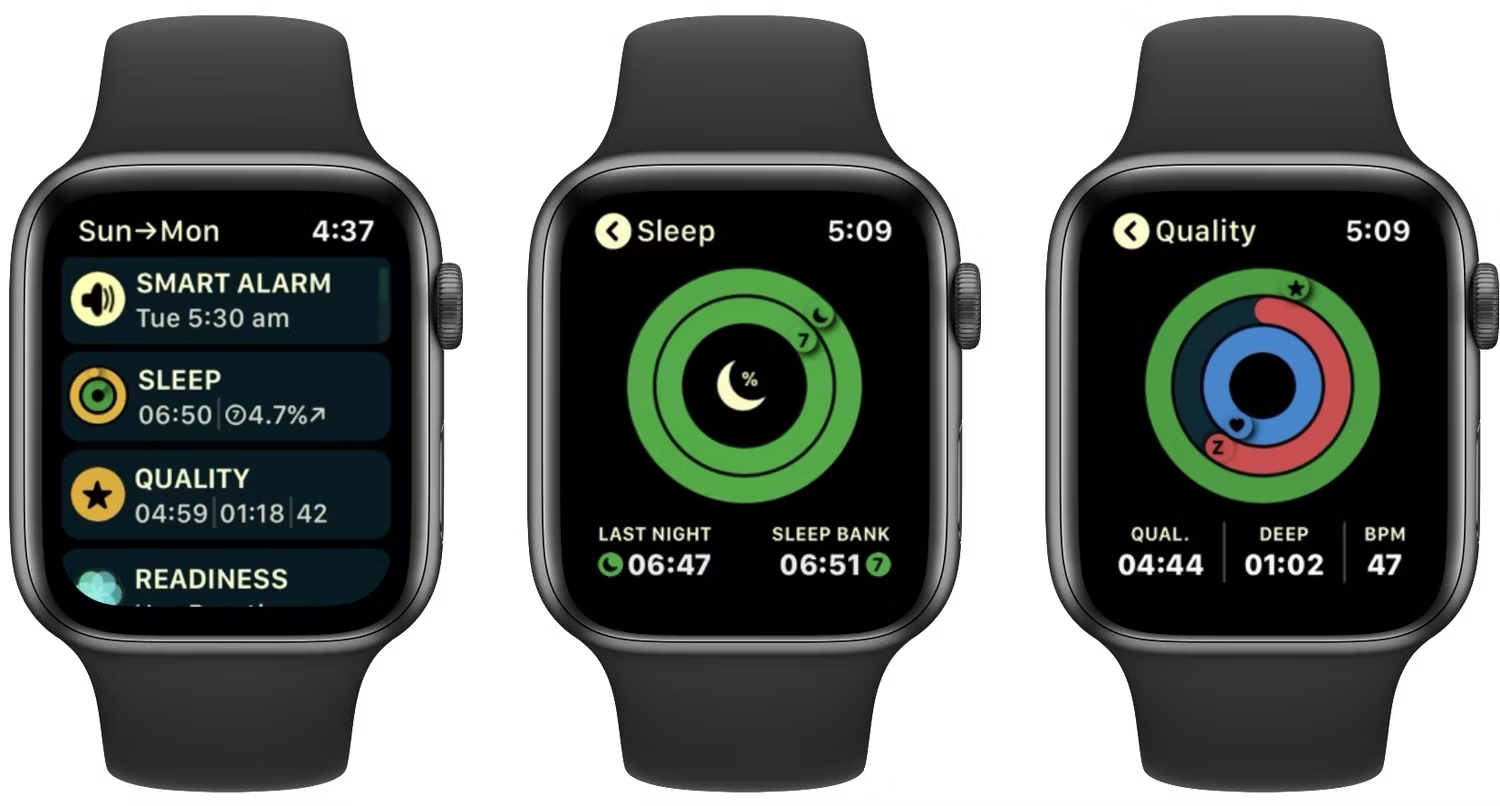In recent years, sleep tracking technology has undergone a remarkable transformation, evolving from basic monitoring devices to sophisticated systems that offer comprehensive insights into our sleep patterns. As we step into 2024, this field is poised for further advancements, driven by cutting-edge innovations and a growing understanding of the importance of sleep for overall health. This article explores the new trends in sleep tracking technology for 2024, highlighting the latest developments and their potential impact on users.
The Rise of Non-Invasive Sleep Tracking
One of the most significant trends in sleep tracking technology for 2024 is the shift towards non-invasive methods. Traditional sleep trackers often require users to wear devices or place gadgets under their pillows, which can be uncomfortable and disruptive. However, new advancements have led to the creation of non-invasive systems that can monitor sleep without any physical contact.
These systems utilize a combination of radar technology and artificial intelligence (AI) to detect movements and breathing patterns from a distance. By analyzing these signals, they can accurately determine sleep stages and provide detailed reports on sleep quality. This approach not only enhances user comfort but also offers a more seamless integration into everyday life.
AI and Machine Learning: Enhancing Accuracy and Personalization
Artificial intelligence and machine learning are playing a pivotal role in the evolution of sleep tracking technology in 2024. These technologies are being leveraged to enhance the accuracy of sleep tracking devices and offer personalized insights tailored to individual users.
AI algorithms analyze vast amounts of data collected from various sources, including heart rate, body temperature, and movement patterns, to identify unique sleep patterns. This data-driven approach allows devices to provide personalized recommendations, such as optimal sleep times and lifestyle adjustments, to improve sleep quality. As AI continues to evolve, we can expect even more precise and individualized insights in the future.
Integration with Smart Home Systems
The integration of sleep tracking technology with smart home systems is another trend gaining traction in 2024. By connecting sleep trackers with other smart devices, users can create a holistic sleep environment that promotes restful sleep.
For instance, smart lighting systems can adjust the brightness and color temperature based on the user’s sleep cycle, simulating natural light patterns to support the body’s circadian rhythm. Similarly, smart thermostats can regulate room temperature to create an ideal sleeping environment. This seamless integration allows users to optimize their sleep settings effortlessly, enhancing the overall sleep experience.

Wearable and Non-Wearable Hybrid Solutions
While non-invasive solutions are gaining popularity, wearable devices continue to be a staple in sleep tracking technology. In 2024, we are witnessing the emergence of hybrid solutions that combine the benefits of both wearable and non-wearable technologies.
These hybrid devices offer users the flexibility to choose between wearing a device or using non-contact methods, depending on their preferences and needs. For example, a user might opt for a wrist-worn device for detailed biometric data during travel, while relying on a non-invasive system at home for comfort and convenience. This versatility ensures that users can maintain consistent sleep tracking regardless of their circumstances.
Focus on Mental Health and Stress Management
As the link between sleep and mental health becomes increasingly evident, sleep tracking technology in 2024 is placing a greater emphasis on monitoring and managing stress levels. New devices are equipped with features that track stress indicators, such as heart rate variability and cortisol levels, alongside sleep data.
By providing insights into how stress impacts sleep, these devices empower users to make informed decisions about stress management techniques. Whether through guided meditation, breathing exercises, or lifestyle changes, users can take proactive steps to improve both their sleep and mental well-being.
Personalized Sleep Coaching and Virtual Sleep Clinics
In 2024, personalized sleep coaching is becoming a key component of sleep tracking technology. Many devices now offer virtual sleep clinics, where users can access expert advice and personalized coaching based on their sleep data.
These virtual clinics provide users with actionable insights and recommendations from sleep specialists, helping them address specific sleep issues and optimize their sleep habits. This personalized approach ensures that users receive tailored guidance, fostering better sleep health and overall well-being.
Data Privacy and Security Concerns
With the increasing sophistication of sleep tracking technology, data privacy and security have become paramount concerns for users. As these devices collect sensitive information, ensuring the protection of user data is crucial.
In response, manufacturers are implementing robust security measures, such as end-to-end encryption and anonymization techniques, to safeguard user data. Additionally, transparent data policies and user consent mechanisms are being prioritized to build trust and ensure that users have control over their information.
Conclusion
As we venture into 2024, sleep tracking technology is set to revolutionize the way we understand and optimize our sleep. With advancements in non-invasive monitoring, AI-driven personalization, and integration with smart home systems, users can expect a more comprehensive and seamless sleep tracking experience. The focus on mental health, personalized coaching, and data security further underscores the commitment to enhancing user well-being.
These trends not only highlight the potential of sleep tracking technology to improve sleep quality but also emphasize its role in promoting overall health and wellness. As technology continues to evolve, the future of sleep tracking holds exciting possibilities for a healthier and more restful tomorrow.










